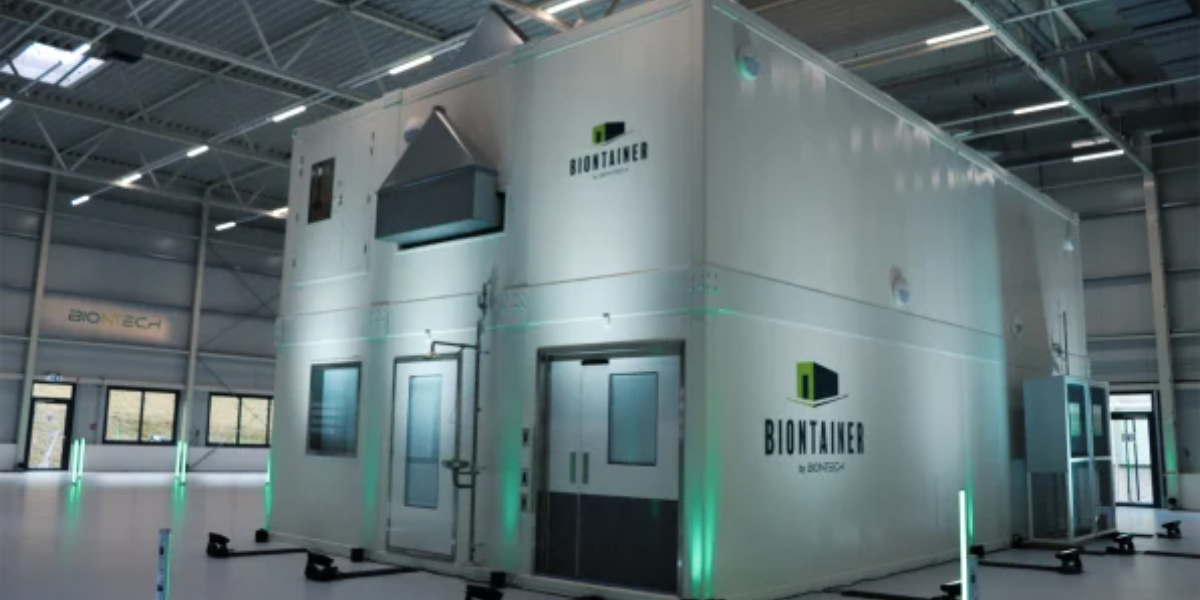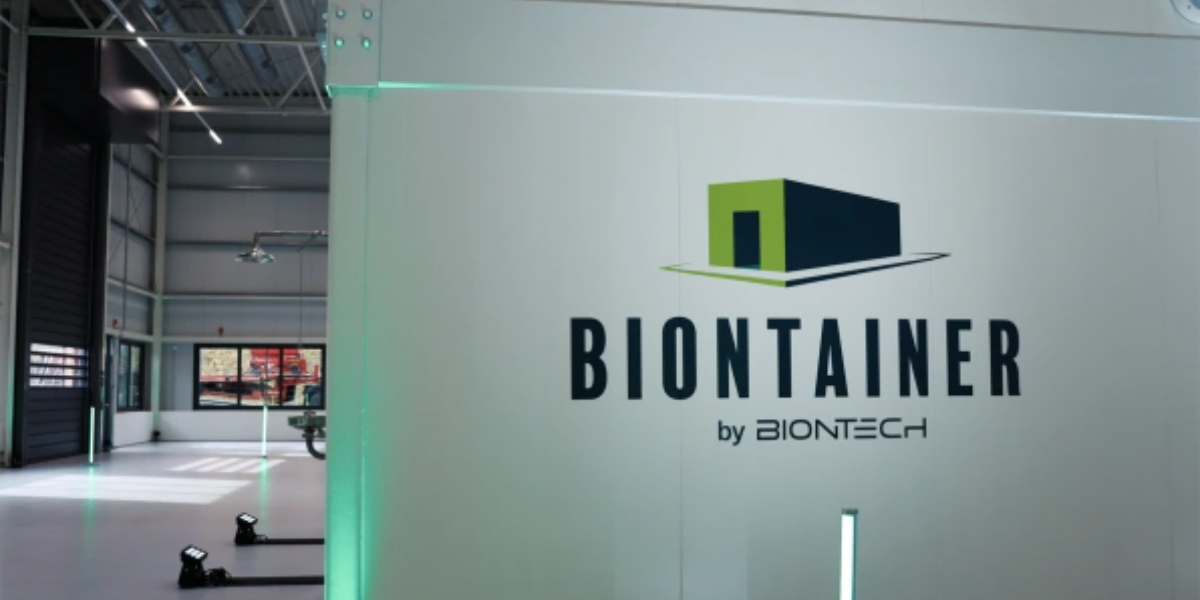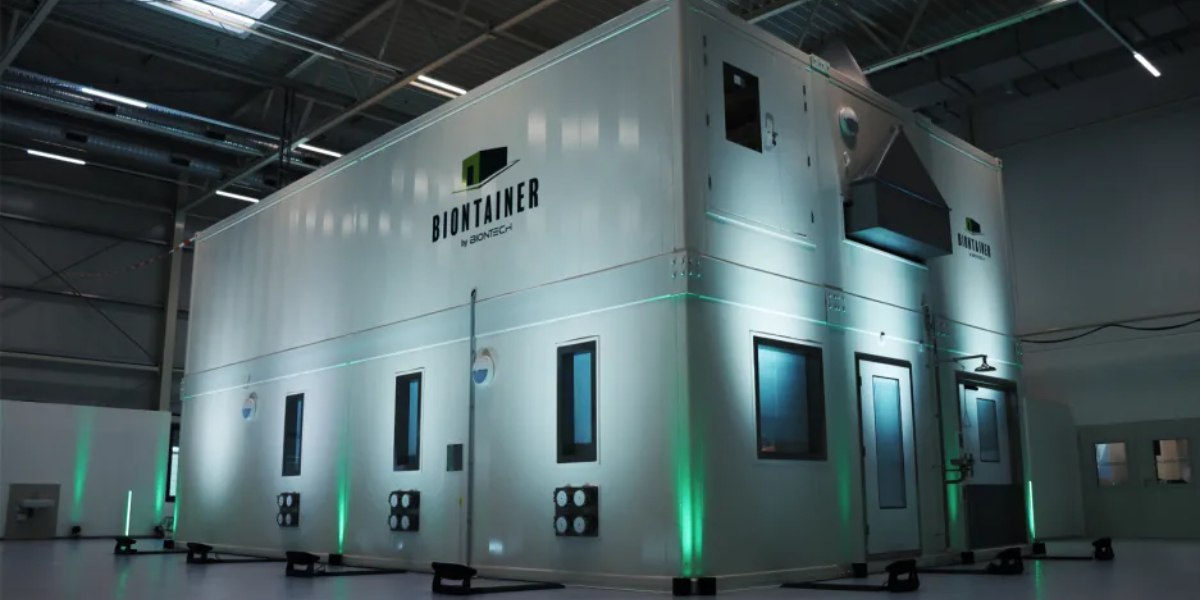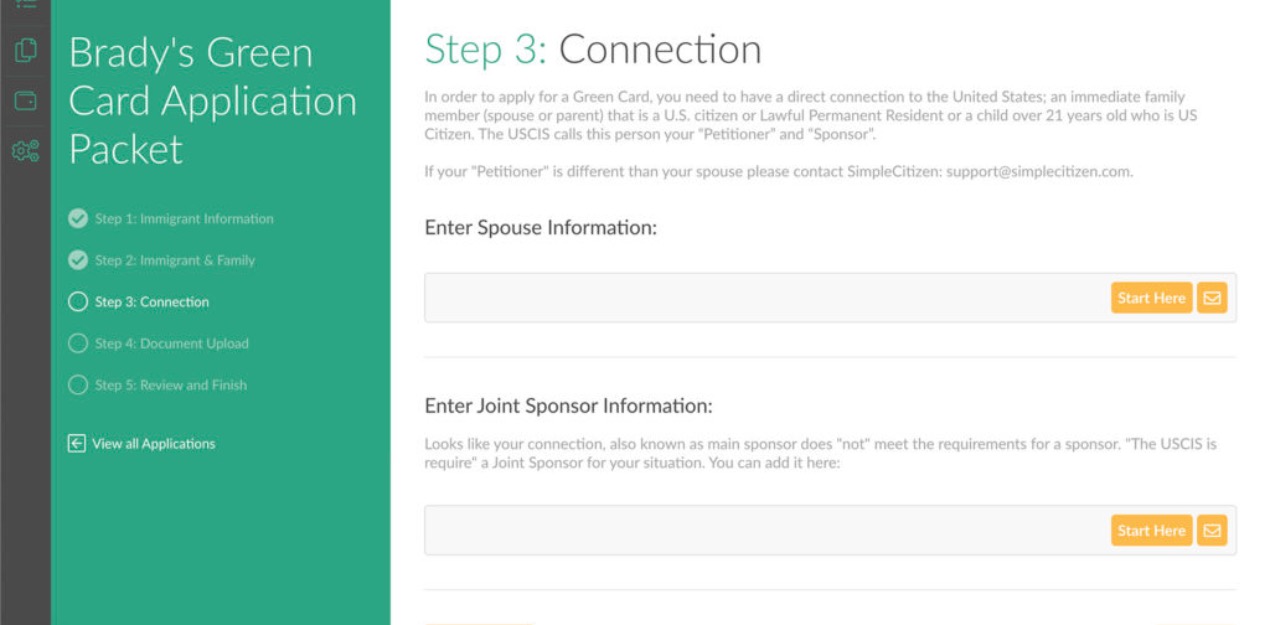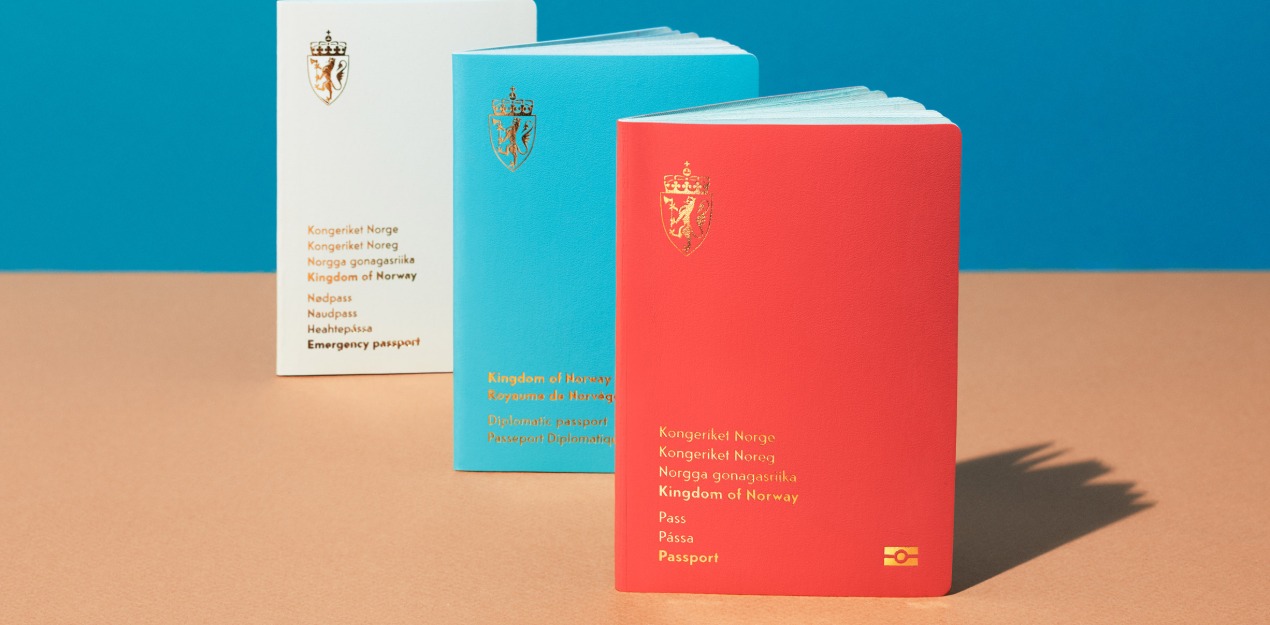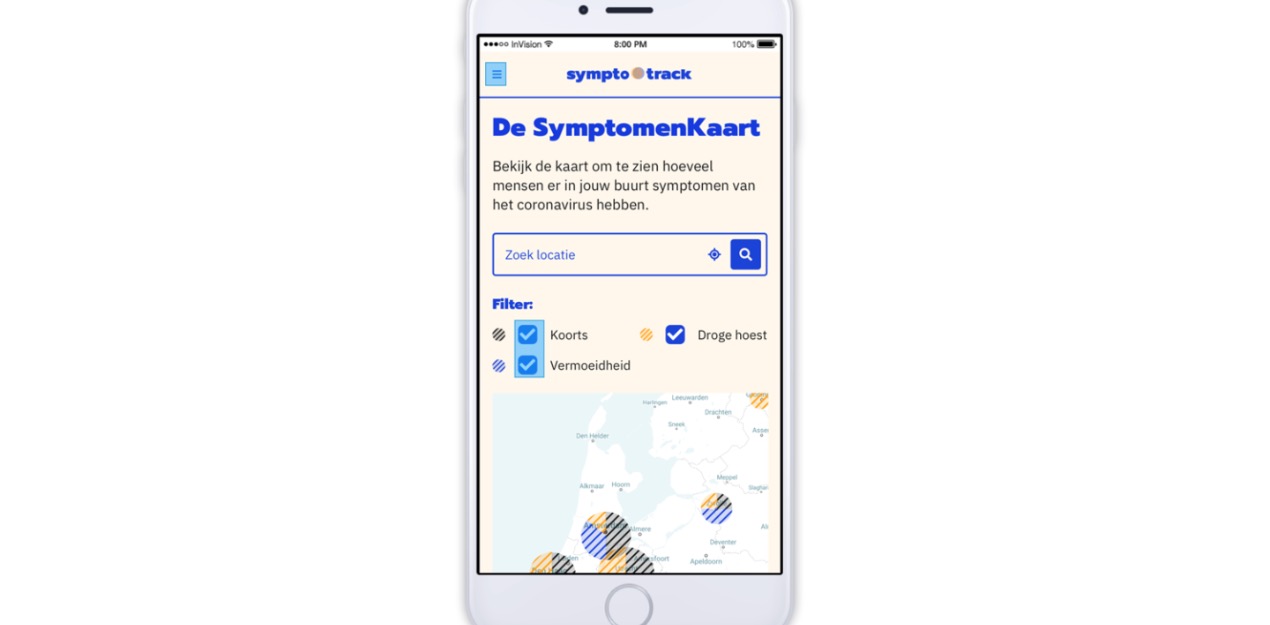AÑO
2023
CATEGORÍA
Comunidad
OBJETIVOS
Salud y bienestar, Reducción de las desigualdades, Producción y consumo responsables
PAL. CLAVE
covid vaccine, vaccine factory, container factory
PAÍS
Germany
CRÉDITOS
BionTech
LINK
https://www.fastcompany.com/90723201/this-mobile-shipping-container-factory-will-make-biontech-covid-vaccines-in-africa
Biontainer
A mobile Covid-vaccine factory
How does it work?
BioNTech’s new design for a mobile vaccine factory will be built in shipping container-size units so that it can easily be delivered around the world for local production—beginning with a factory that will be sent to Africa later this year, which will make vaccines for the continent at a not-for-profit price.
The modular factory, which the company calls a “BioNTainer,” is made from 12 containers that are each clean rooms filled with state-of-the-art equipment.
The factory will be built in Germany and then moved where it’s needed via ships, trucks, and trains. (The company plans to deliver to Rwanda, Senegal, and potentially South Africa.) In a module constructed from six of the containers, labs will make and purify mRNA. The vaccines will be formulated in another module. BioNTech plans to train African scientists to take over the production, and local partner companies will bottle the vaccines into vials.
Why is it needed?
When the first COVID-19 vaccines were developed, African countries were at the back of the line. Even now, as more doses of vaccines are available, only 14% of residents of Ghana have been fully vaccinated, versus, say, Portugal, where 90% are fully vaccinated. The challenge affects everyone, since low levels of vaccination in developing countries mean that new variants can develop and spread more easily around the globe.
How does it improve life?
BioNTech says that the mobile factory design is less expensive than building a traditional factory, and it can help speed up access to vaccines in future pandemics. It could potentially produce other critical vaccines as well—including mRNA vaccines for malaria and tuberculosis that are under development.
